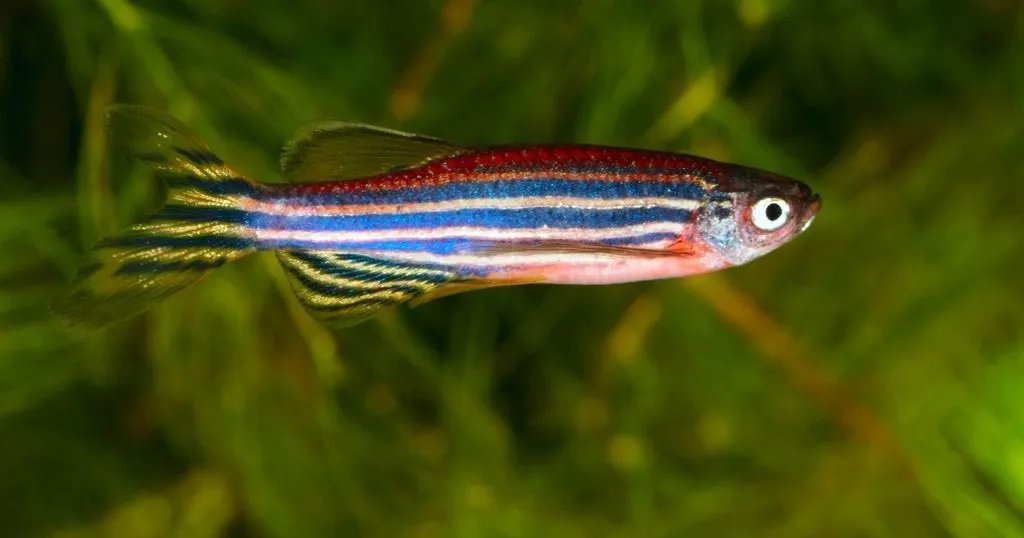Alcohol: The Overlooked Gateway Drug to Addiction

Let’s talk about the boozy elephant in the room: alcohol. While many of us enjoy a drink or two, research is increasingly suggesting that this popular substance isn’t just an innocent social lubricant; it might also be a slippery slope into the world of harder drugs. More than 84% of Americans have tipped back a drink at some point, according to the National Survey on Drug Use and Health (NSDUH). But hold your horses, because the implications are far more serious than a hangover.
Experts like Chris Tuell, a psychotherapist specializing in addiction, point out that alcohol can mess with our brain chemistry, making users more susceptible to drug addiction. This isn’t just idle chatter at the bar; scientific studies support this notion. Dr. George Koob, head honcho at the National Institute on Alcohol Abuse and Alcoholism (NIAAA), warns us that addiction changes the brain in ways that can be hard to reverse. In animal studies, chronic alcohol consumption led to shifts in brain functions, steering decision-making away from rational thought and into the realm of habit. So, the next time you think about reaching for that second cocktail, consider this: it might not just be your craving for more booze but an evolving relationship with addiction itself.
In a twist that may surprise many, Dr. Kenneth Spielvogel asserts that while cannabis has long been labeled the “gateway drug,” alcohol holds the crown. Its ubiquity makes it a dangerous player in the addiction game, leading individuals to substances like cocaine and heroin. He emphasizes that many people turn to harder drugs seeking a “pick-me-up” after a rough night with alcohol, illustrating a vicious cycle.
However, it’s essential to note that the relationship between alcohol and addiction is complex. Not every alcohol consumer will find themselves spiraling into addiction; factors like genetics, mental health, and early exposure to drinking also play vital roles. Tuell reminds us that correlation does not imply causation—just because someone indulged in alcohol before trying other drugs doesn’t mean the booze is to blame.
Ultimately, battling addiction is an uphill struggle requiring professional help. As Spielvogel points out, the cessation of alcohol can be deadly, underscoring the urgency for those with a use disorder to seek medical assistance for detox and recovery. So, let’s toast to awareness and understanding as we navigate the murky waters of alcohol and its potential consequences on our lives. But remember, moderation is key—this is one cocktail party no one wants to crash.
Sources: Celebrity Storm and People Magazine, National Institute on Alcohol Abuse and Alcoholism, Fox News
Image Credit: Title: Untitled, Author: No author info, License: [‘cc_attribute’, ‘cc_nonderived’, ‘cc_publicdomain’]




